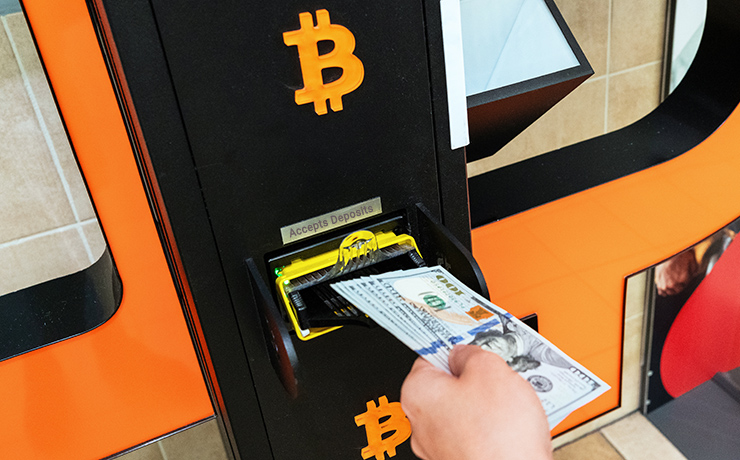The use of Multi-Crypto Machines (MCMs) introduces a range of data privacy concerns, as users engage with these platforms to buy or sell various digital assets. Providers of Multi-Cryptocurrency Machines must address these concerns to ensure the protection of users’ sensitive information. Let’s examine the primary privacy implications and how providers mitigate these issues:
- KYC (Know Your Customer) and Identity Verification:
Concern: Collection of Personal Information
To comply with regulatory requirements, MCM providers often implement KYC procedures, necessitating the collection of personal information. Users may be concerned about the extent of data collected and how it is stored.
Mitigation: Transparent KYC Processes
Providers address this concern by maintaining transparency in their KYC processes. Clear communication about the types of information collected, the purpose of collection, and the security measures in place reassures users about the responsible handling of their data.
- Transaction History and Blockchain Traceability:
Concern: Traceability of Transactions
Cryptocurrency transactions are inherently transparent and traceable on the blockchain. Users may worry about the potential exposure of their financial history and transaction details.
Mitigation: Emphasis on Anonymity Features
MCM providers often highlight features that enhance user privacy, such as privacy-focused cryptocurrencies or features like coin mixing. Educating users on the privacy features of specific cryptocurrencies available on the MCM helps users make informed choices.
- Storage of Personal Wallet Information:
Concern: Security of Wallet Information
Users storing personal wallet information on MCMs may express concerns about the security of this data. The potential risk of unauthorized access or data breaches is a significant privacy consideration.
Mitigation: Secure Storage and Encryption
MCM providers address this concern by implementing robust security measures, including secure storage of wallet information using encryption techniques. Regular security audits and updates are conducted to safeguard user data against potential vulnerabilities.
- Third-Party Integrations and API Access:
Concern: Sharing Data with Third Parties
MCMs often integrate with external services or use APIs to access blockchain networks. Users may worry about the sharing of their data with third-party entities.

Mitigation: Clear Privacy Policies and Permissions
Providers establish clear privacy policies outlining how user data is shared and used in collaboration with third parties. Users are provided with the option to review and consent to the terms before engaging with any integrated services.
Conclusion:
As users engage with Multi-Cryptocurrency Machines, addressing data privacy concerns is paramount for providers. Transparent communication, robust security measures, user-friendly privacy features, and adherence to regulatory standards collectively contribute to building user trust in the privacy practices of MCM providers. By proactively addressing these concerns, MCM providers play a crucial role in fostering a secure and privacy-conscious environment for users in the evolving landscape of cryptocurrency transactions.














+ There are no comments
Add yours